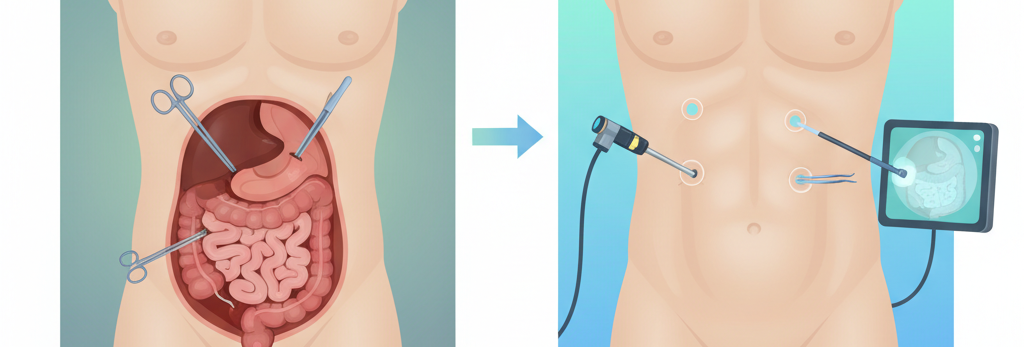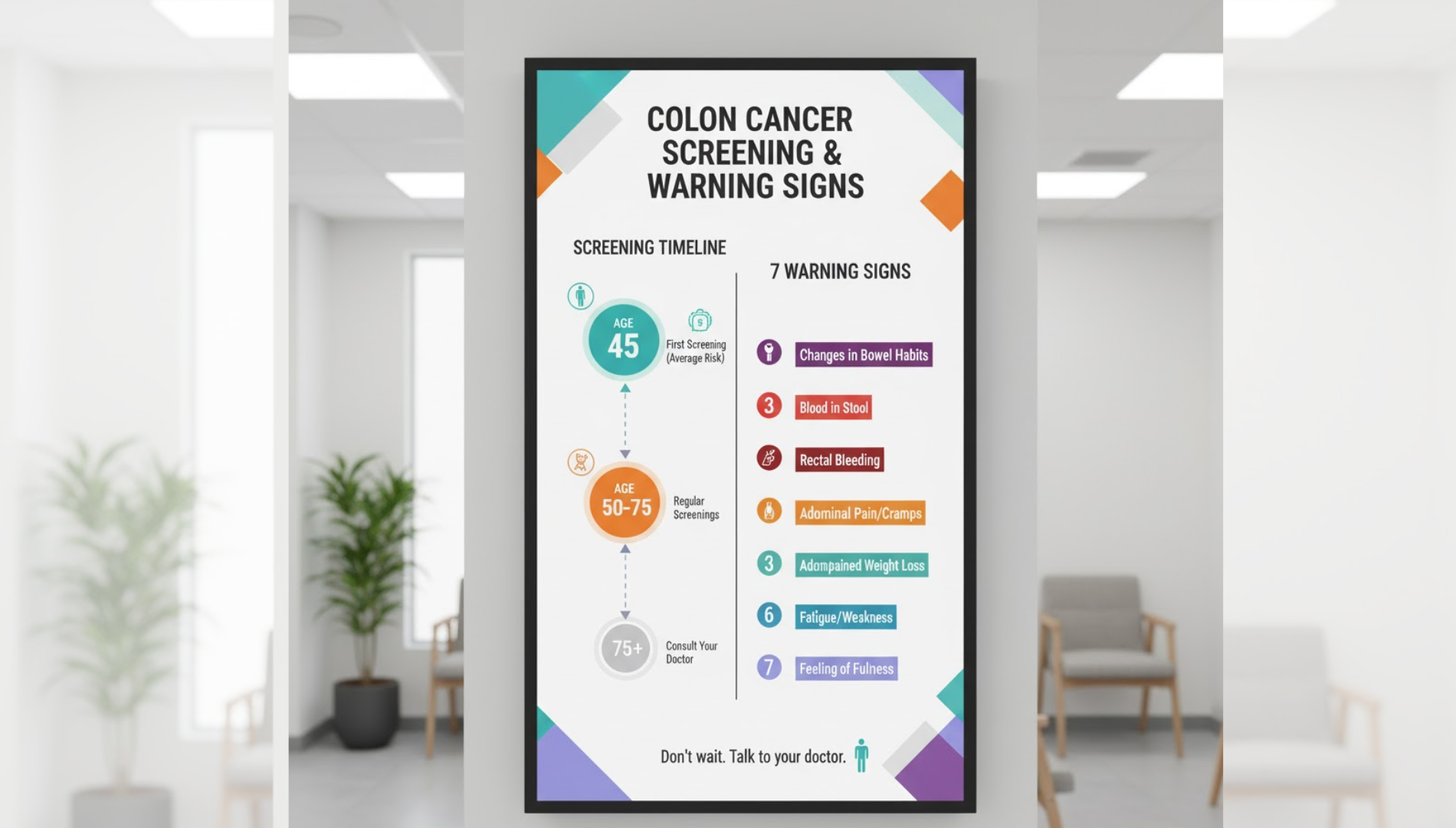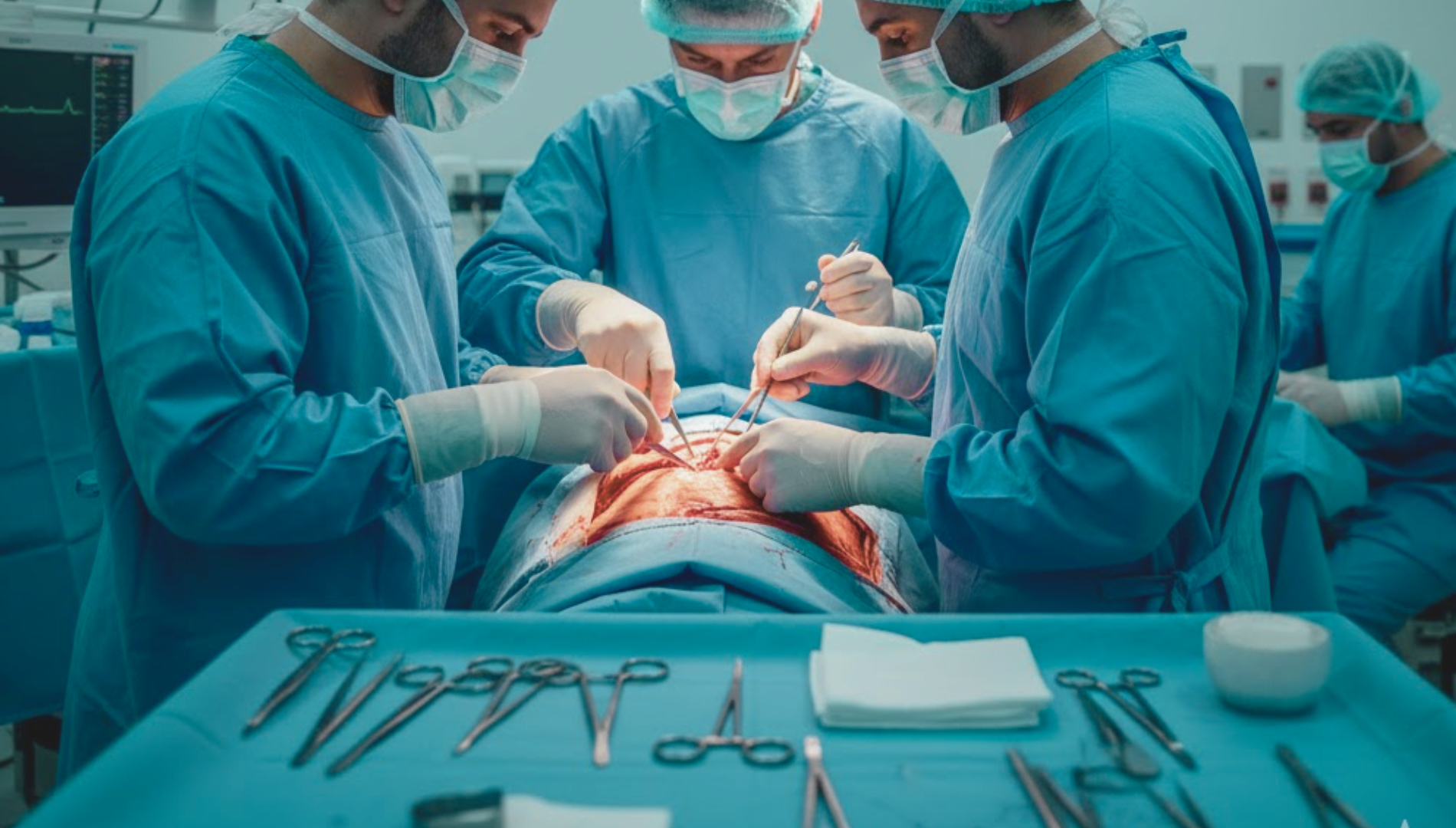Understanding Minimally Invasive Surgery

Minimally invasive surgery (MIS) has revolutionized the way surgeons operate and how patients recover from medical procedures. Instead of large incisions that require extended hospital stays, MIS relies on smaller cuts, advanced tools, and often sophisticated robotic systems to perform the same procedures with significantly less trauma to your body. One of the fastest-growing fields within MIS is robotic hernia surgery, where cutting-edge technology enables greater precision and significantly faster recovery times.
This comprehensive guide explains what minimally invasive surgery is, the most common types, the effectiveness of these procedures, and why they often offer clear advantages over traditional open surgery.
What Is the Concept of Minimally Invasive Surgery?
Minimally invasive surgery is a surgical technique that uses small incisions, specialized instruments, and advanced imaging to perform operations with remarkable precision. Unlike traditional open surgery, which requires a large incision to access the surgical site, MIS uses keyhole-sized openings, typically just a few millimeters wide. Surgeons insert tiny cameras (laparoscopes) and surgical tools through these small openings, allowing them to see and work inside the body without the need for major disruption of healthy tissues.
Robotic hernia surgery takes this approach even further, representing the next evolution in surgical care. With robotic systems, surgeons can control precise instruments using an advanced console, gaining enhanced visualization, superior dexterity, and unprecedented control. This means better accuracy for delicate procedures and significantly less strain on your body during recovery.
The technology behind robotic hernia surgery allows surgeons to make movements that are more precise than the human hand alone, reducing the risk of complications and improving overall outcomes for patients.
What Is the Most Common Minimally Invasive Surgery?
The most common type of minimally invasive surgery is laparoscopic surgery, a method widely used for conditions affecting the abdomen and pelvis. The most frequently performed procedures include:
1. Gallbladder removal (cholecystectomy): One of the earliest and most successful laparoscopic procedures, now considered the gold standard for gallbladder disease.
2. Appendectomy: Removing the appendix through small incisions, resulting in faster recovery and less scarring.
3. Hernia repair: Increasingly performed with robotic assistance, robotic hernia surgery offers greater precision and faster recovery compared to traditional methods.
4. Gynecologic surgeries: Including hysterectomies and treatment for endometriosis, benefiting from minimally invasive approaches.
5. Bariatric surgery: Weight loss procedures that often utilize laparoscopic techniques for better patient outcomes.
Among these procedures, robotic hernia surgery has become a leading candidate for robotic-assisted approaches. Patients benefit from significantly reduced recurrence rates, less postoperative pain, and a faster return to their daily lives and work responsibilities.
How Effective Is Minimally Invasive Surgery?
Minimally invasive surgery has proven to be highly effective across a wide range of medical procedures. Clinical studies consistently demonstrate outcomes equal to, or better than, traditional open surgery methods. The key measures of effectiveness include:
1. Reduced complication rates: Smaller incisions significantly lower the chance of wound infections and excessive bleeding during and after surgery.
2. Shorter hospital stays: Many MIS procedures are performed on an outpatient basis, meaning you can return home the same day as your surgery.
3. Faster recovery times: Patients typically return to work and normal activities much sooner compared to open surgery, often within days rather than weeks.
4. Comparable or improved long-term results: Procedures like robotic hernia surgery show excellent durability, with lower recurrence rates than many traditional open techniques.
5. Robotic hernia surgery, in particular, has demonstrated exceptional effectiveness in clinical trials. The precision of robotic instruments enables surgeons to create stronger repairs with less tissue damage, resulting in improved long-term outcomes for patients.
It's essential to recognize that not every condition or patient is a suitable candidate for MIS. Factors such as the complexity of your case, your overall health status, and any prior surgeries can affect eligibility. However, for those who qualify, MIS often provides superior outcomes and a more comfortable recovery experience. Explore How Robotic Hernia Surgery Enhances Recovery Time for tips that can guide your project.
What Are the Advantages of Minimally Invasive Surgery Over Open Surgery?
The advantages of MIS become immediately clear when compared to traditional open surgical approaches:
1. Smaller incisions: Instead of a large scar that can take months to heal, patients have small marks that heal faster and leave minimal scarring, an important consideration for many people.
2. Significantly less pain: With less tissue disruption, postoperative pain is dramatically reduced, decreasing your need for strong pain medications and their associated side effects.
3. Lower infection risk: Smaller wounds mean a substantially lower chance of surgical site infections, one of the most common complications of surgery.
4. Faster recovery: Many patients resume normal activities in days instead of weeks, getting back to work and family responsibilities much sooner.
5. Reduced blood loss: Advanced imaging and precise instruments limit unnecessary bleeding during surgery.
6. Better visualization: Surgeons benefit from magnified, high-definition views of internal structures, which significantly improve surgical accuracy and outcomes.
7. Robotic hernia surgery exemplifies these advantages perfectly. The robotic systems provide surgeons with a three-dimensional view and fine control of instruments, allowing for stronger, more precise repairs than traditional methods. Patients who undergo robotic hernia surgery often experience less pain, faster healing, and a lower chance of hernia recurrence.
Hospitals and surgical centers nationwide are increasingly adopting robotic platforms to offer patients these advanced options. Organizations like Copper Mountain Surgical are at the forefront of providing patients with cutting-edge MIS options, including robotic hernia surgery. Their team emphasizes patient-centered care, ensuring that individuals not only benefit from cutting-edge technology but also receive care from highly trained surgeons who specialize in these advanced techniques.
The Future of Surgical Care
Robotic hernia surgery represents just one example of how technology continues to enhance patient care. As these systems become more sophisticated and widely available, more patients will have access to procedures that offer better outcomes with less discomfort and faster recovery times.
For patients considering hernia repair, robotic hernia surgery often provides a superior alternative to traditional open methods, with the added benefit of working with surgical teams who specialize in these advanced techniques.
Conclusion
Minimally invasive surgery represents one of the most important advancements in modern medicine. From smaller incisions to faster recovery times, MIS has fundamentally reshaped how patients experience surgery and recovery. Among its many applications, robotic hernia surgery stands out as a powerful example of how technology can enhance patient outcomes while providing surgeons with unprecedented precision and control.
As surgical techniques continue to evolve, specialized centers like Copper Mountain Surgical play a vital role in making these advanced options more widely available to patients who need them. For patients facing the need for surgery, the message is clear: minimally invasive and robotic-assisted procedures like robotic hernia surgery often provide safer, faster, and more effective alternatives to traditional open surgery.
If you're considering hernia repair or other surgical procedures, consult with your healthcare provider to determine whether robotic hernia surgery or other minimally invasive options are suitable for your specific situation.




